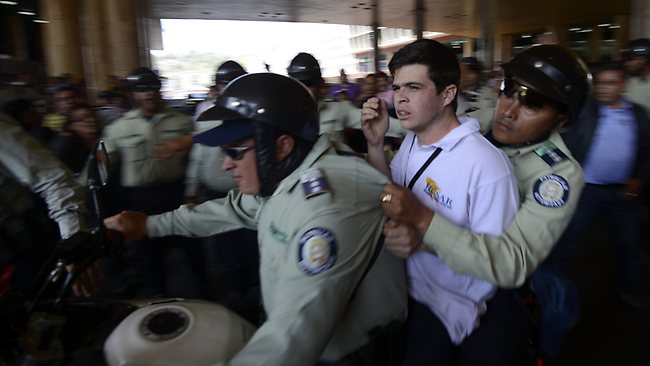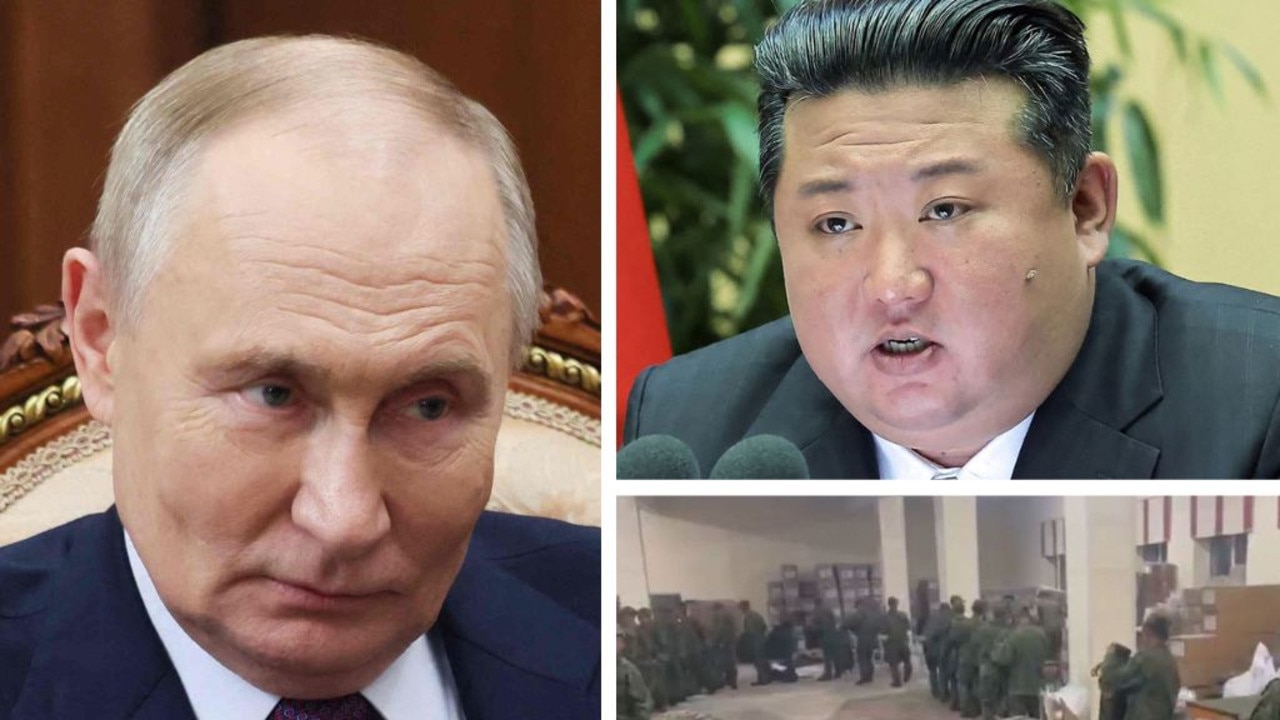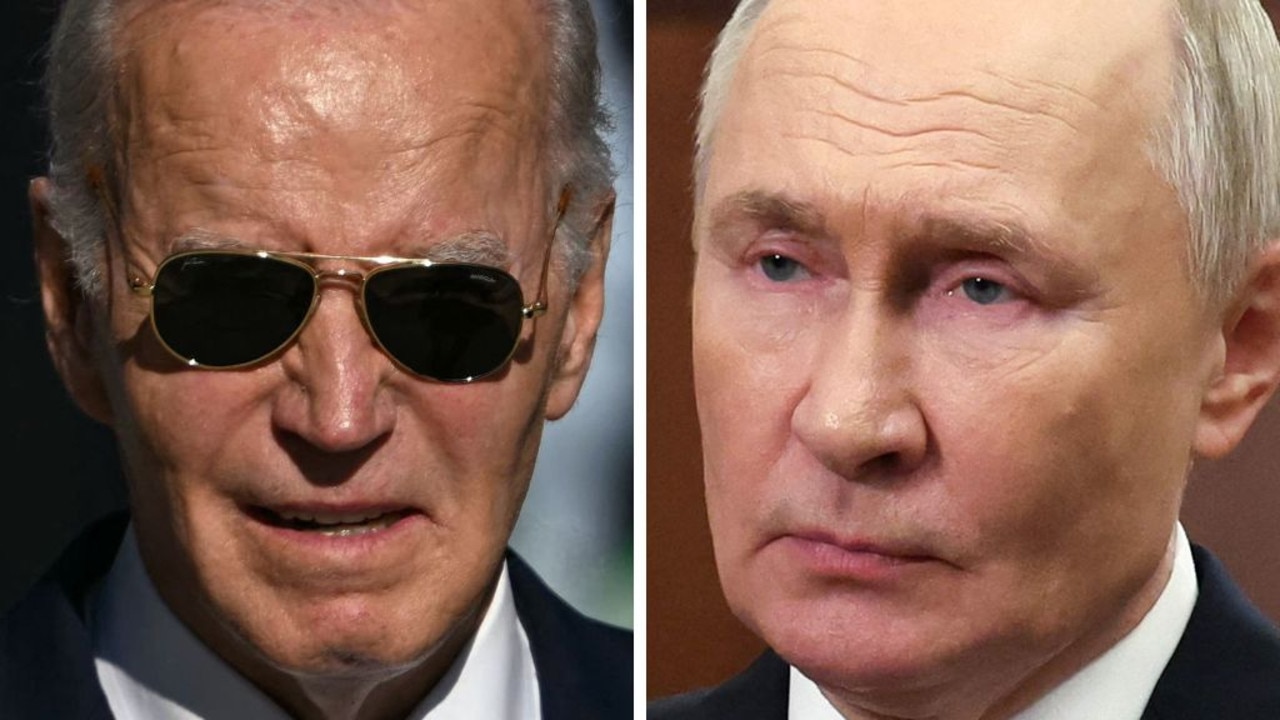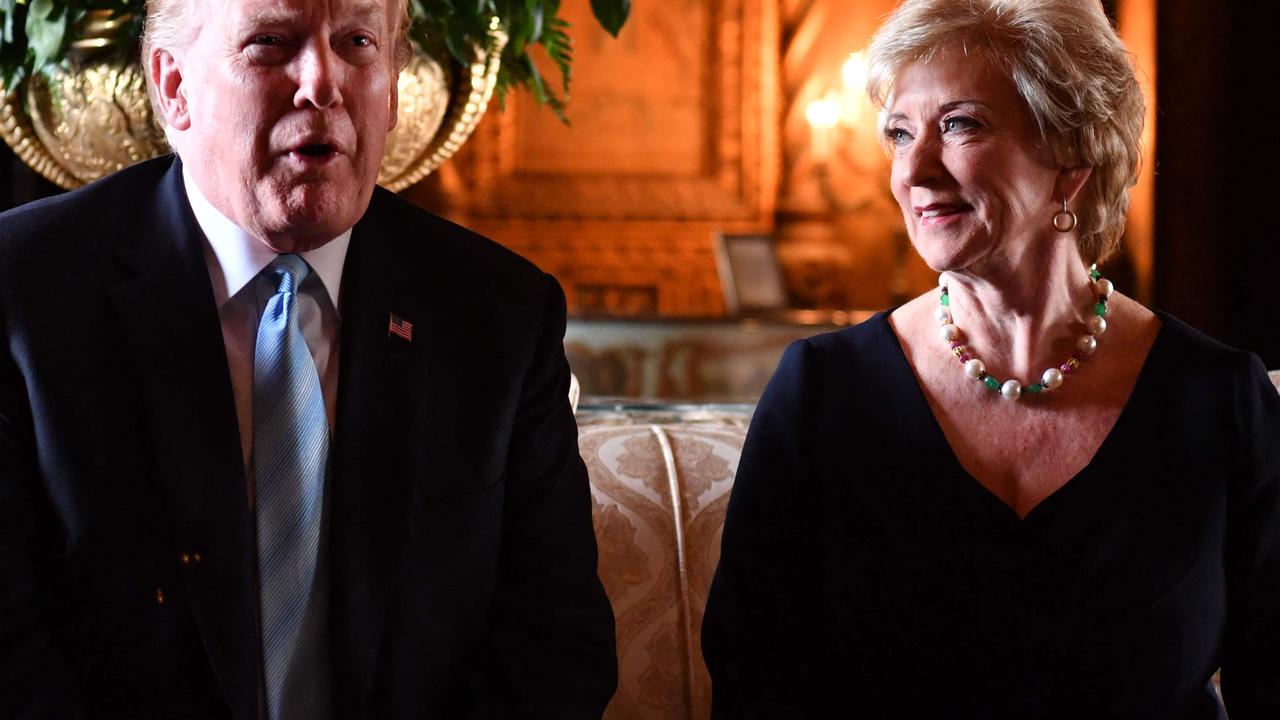Hugo Chavez suffers new, severe infection and breathing worsens during chemo
VENEZUELAN President Hugo Chavez is suffering from a severe infection and his breathing has worsened during chemo, putting him in a "very delicate" state.

VENEZUELAN President Hugo Chavez is suffering from a severe infection and his breathing has worsened during chemotherapy, putting him in a "very delicate" state, the government said late Monday.
The once-omnipresent face of the Latin American left, now breathing with the aid of a tracheal tube, has neither emerged nor spoken in public in almost three months, leaving the oil-rich nation and the wider region on tenterhooks.
"Currently, he has a new and severe infection," Information Minister Ernesto Villegas said in a statement read from Mr Chavez's hospital, adding that there was a "worsening of respiratory function."
The somber government statement came two weeks after Mr Chavez, 58, checked into a Caracas military hospital following two months of treatment in Cuba, where he underwent his fourth round of cancer surgery since June 2011.
Saying Mr Chavez continues to "cling to Christ and life," Mr Villegas reiterated that he was undergoing "intensive chemotherapy, as well as complementary treatments" and that his "condition continues to be very delicate."
Mr Chavez's prolonged absence - which prevented him from being sworn into a new six-year term earlier this year - has angered the opposition, which accuses the government of lying about his condition.
Hundreds of people joined an opposition-led march Sunday demanding that the government reveal more details about the condition of the president of this South American nation, which sits atop the world's largest proven oil reserves.
Officials have only released a set of photos showing him in his Havana hospital bed, smiling with two daughters, on February 15, three days before his homecoming. The scarcity of images has fueled rumours about his health.
Vice President Nicolas Maduro, his chosen successor, and other senior officials have lashed out at the opposition and rumors that Chavez may be dead or dying, saying it is all part of a campaign to destabilise the nation.
Mr Villegas called on Venezuelans to be on guard in the face of a "psychological war deployed by foreign laboratories with spokespeople in the corrupt Venezuelan right who seek to generate violent scenarios as a pretext for a foreign intervention."
The government, he added, "rejects the hypocritical attitude of Hugo Chavez's historical enemies, who have always shown him hate, insults and contempt, and who are now using his health situation as an excuse to destabilise Venezuela."
A few hours before the statement, state-run television showed the presidential guard inaugurating a new tank squadron.
"Whatever happens, with Chavez it will always be for us: 'With Chavez everything, without Chavez nothing,'" said General Jose Ornelas, the squadron's commander and head of the armed forces.
Officials and relatives, meanwhile, sent messages of support on Twitter.
One of Chavez's daughters, Maria Gabriela, thanked supporters on Twitter, writing: "All my love to you! We continue to cling to God! Thanks for the messages of solidarity!"
The government has sent mixed messages about Mr Chavez's condition, saying last week that he was still suffering from respiratory problems before declaring the next day that he had held a five-hour meeting with aides.
The opposition says it doubts the meeting ever took place.
Mr Maduro revealed for the first time on Friday that Chavez began receiving a tough new round of chemotherapy in Cuba after a respiratory infection had improved in January, and that the ailing leader had decided to continue the treatment in Caracas.
He has since said Mr Chavez is "in good spirits" while fighting for his life, and that he is communicating and issuing instructions about political and economic policies by writing and other means because of a tracheal tube.
The firebrand leader stealthily returned to the capital on February 18, announcing his homecoming with a Twitter message in the dead of night.
The government has never disclosed the exact nature, location or severity of the cancer, saying only that it was in the pelvic region.
In power for 14 years, Mr Chavez was re-elected to a six-year term in October but was unable to attend his January 10 inauguration. The Supreme Court approved the swearing-in ceremony's indefinite delay.
Before he left for Cuba in December, he designated Mr Maduro as his political heir and urged Venezuelans to vote for him if he is unable to resume his duties. The constitution says elections must be held within 30 days if the president becomes incapacitated.
"Comandante Chavez continues to cling to Christ and life, conscious of the difficulties that he is facing and strictly following the program designed by the medical team," Mr Villegas said, ending the statement by saying: "Long live Chavez!"



